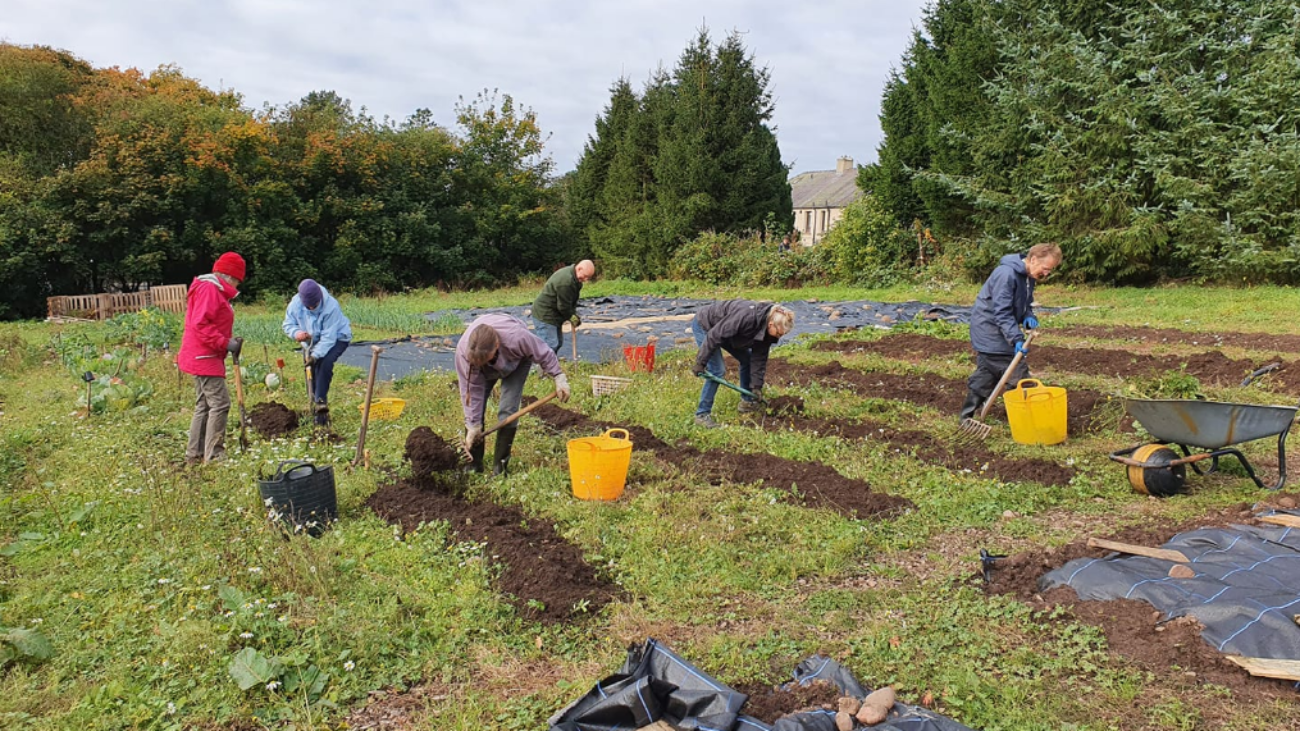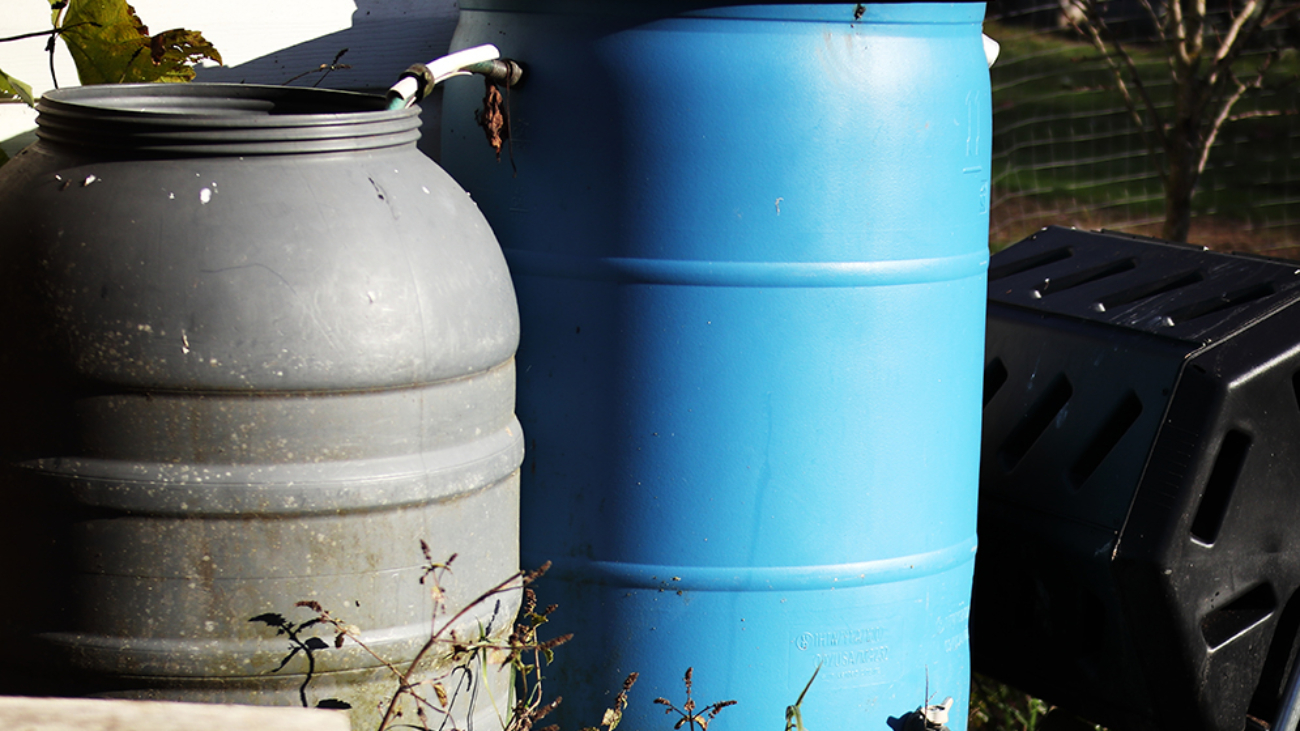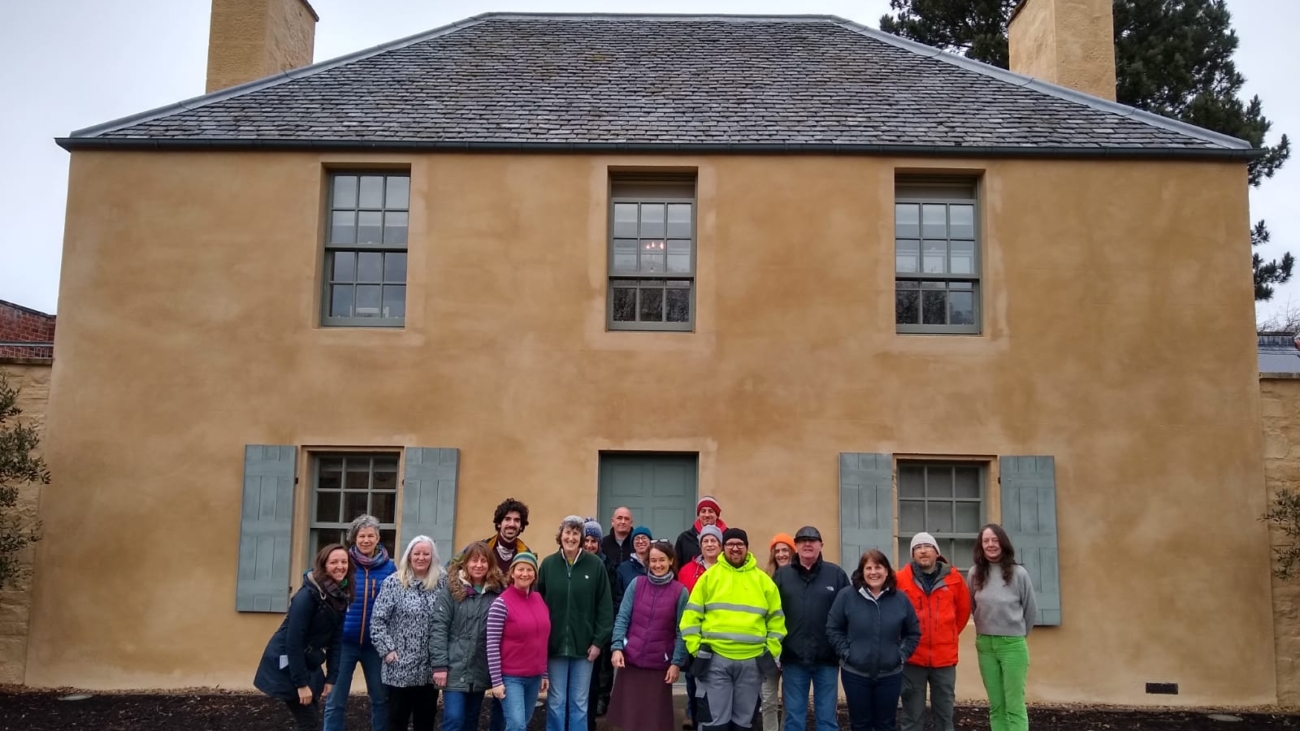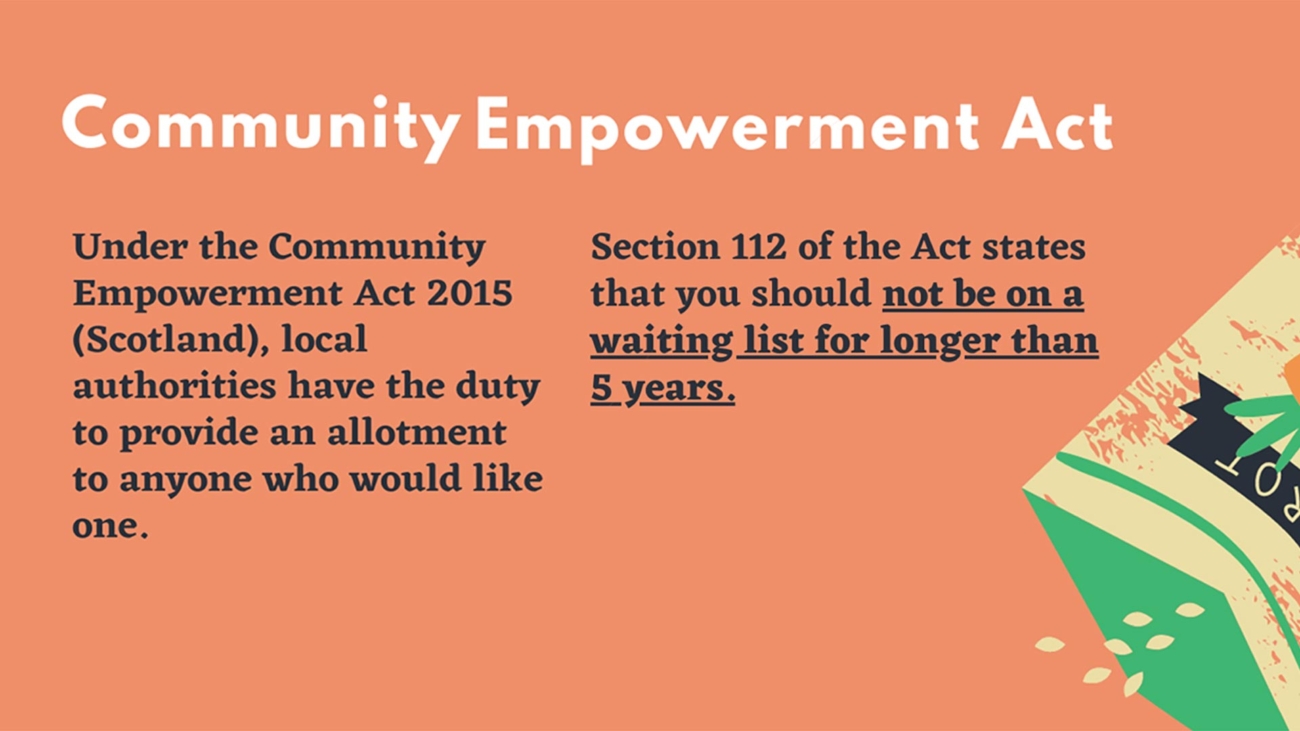Can we reach critical mass?
Scotland’s first ever Gardeniser [‘garden organiser’ = Gardeniser] training took place 14 – 18 March on sites in and around Edinburgh. This unique course, developed by Social Farms and Gardens [SF&G] and EU partners, is the first accredited course for community growing in the UK and EU, and recognises the unique skill set for starting, managing and developing our greenspaces for nature based activities.
16 people from across Scotland came together for an intensive week of learning. The Gardeniser training programme, and daily onsite visits to a range of sites, offered an invaluable opportunity to hear and learn from one another, breakdown the different components to good practice and, perhaps, above all, take inspiration and energy from the knowledge that they are part of a growing network that has its roots just about everywhere … critical mass here we come!
The participants now have six months to complete self-learning tasks and take an online exam to be awarded the Gardeniser accreditation.
Sponsorship from the Scottish Government made this possible and SF&G Scotland are looking to running the course in the Inverness area in autumn this year. If you’d like to know more email karen@farmgarden.org.uk










